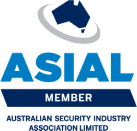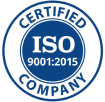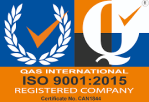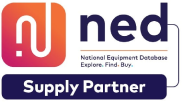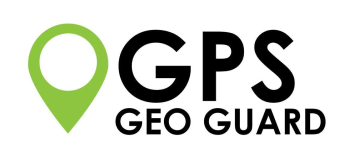When seconds count, you can only count on
GPS Geo Guard
The Next Generation and Australia’s #1 Choice in lone or high-risk worker security protection and personal safety emergency monitoring with fastest links to First Responders.
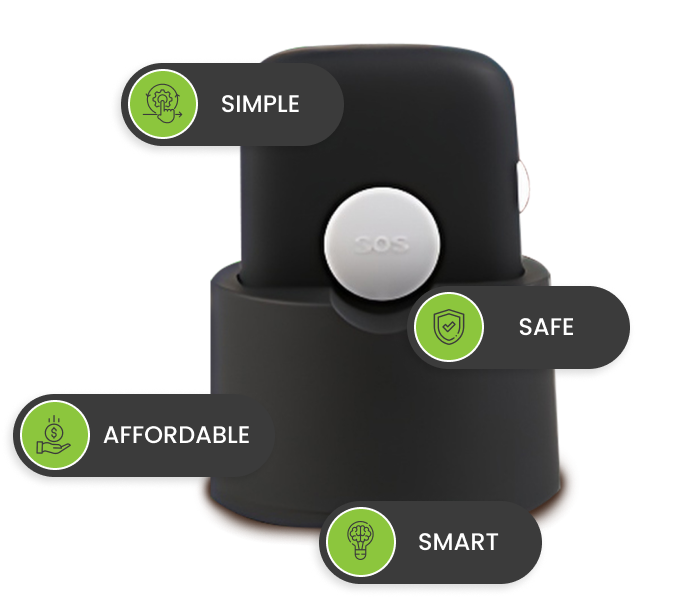
When seconds count, you can only count on
GPS Geo Guard
The Next Generation and Australia’s #1 Choice in lone or high-risk worker security protection and personal safety emergency monitoring with fastest links to First Responders.

We developed our Geo Guard Pro Duress with exclusive, proprietary technology to give you the best outcome every time.
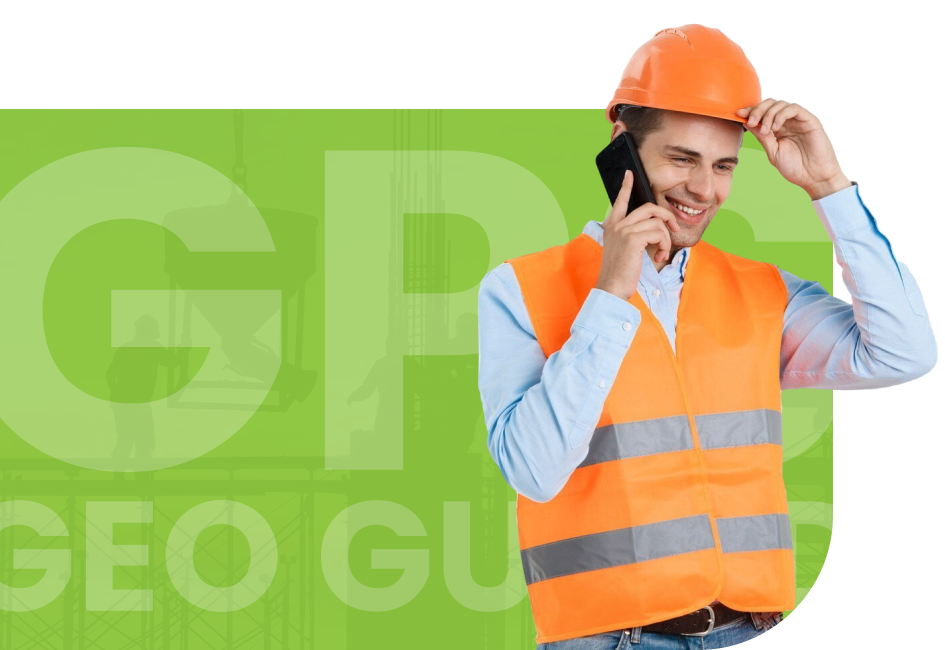
Talk to our Solutions Team
And Find Out Why Everyone is Choosing Geo Guard Today.
Talk to our Solutions Team
And Find Out Why Everyone is Choosing Geo Guard Today.
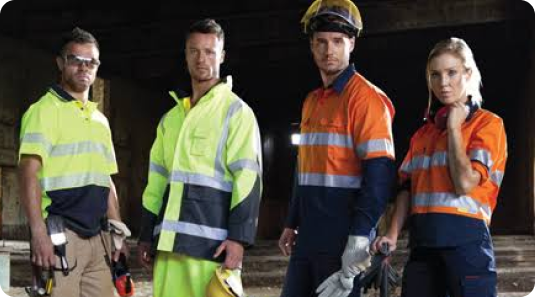
Future proof and enhance your existing safety protocols
Future proof and enhance your existing safety protocols.
No amount of safety planning or the best safety policies or procedures will ever be enough to protect from unexpected Social Risk, like Occupational Violence, Physical Assault or Environmental Risk such as SLIP-TRIP-FALL, Accident or Medical Emergency.
Now you are only one press away from instant Help!
Our quality and integrity
GPS Geo Guard Personal Emergency Devices coupled with our 38 years history in 24-hour Emergency Monitoring and First Responder Response Service has always been at the forefront of our client solutions.
The team at GPS Geo Guard are passionate and dedicated to all our clients, whatever working or personal risk to offer the ultimate client experience with the fastest response and best outcome in any Emergency Incident.
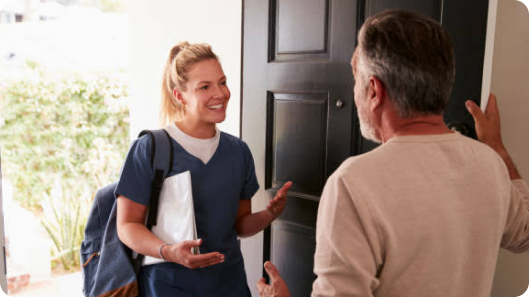
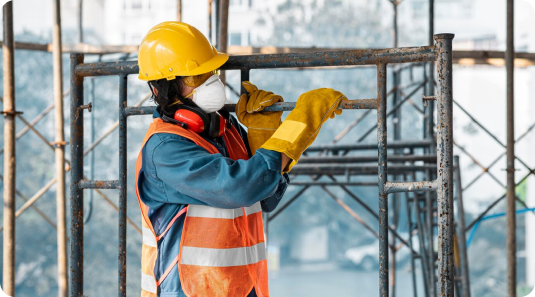
Lone worker or personal safety should not be compromised
When looking at providers and choosing a lone worker or personal safety system, whether you are an employer or purchasing for a loved one, you should not compromise.
The GPS Geo Guard benchmark including proven specialised professional Emergency Monitoring can offer the highest level of protection and assurance for workers and individuals alike.
Key Factors Why We are the Industry's Most Trusted Solution

Longest Standing Safety Expertise
Benefit from 38 years of proven safety expertise and a 170-year combined industry knowledge base.

Tailored Solutions
Personal Delivery: Get individually tailored solutions personally delivered, ready to serve you and your team.

Zero Capital Outlay
Easy Pay Plan: Implement a solution with no capital outlay and the only easy pay plan available.

Australian-Designed Quality
Trust in Australian-designed quality backed by thousands of satisfied users, ensuring the best quality and most cost-effective solution.

Larger Emergency Activation Button
Enjoy the convenience of a larger button for easy activation during emergency incidents.

Fastest Response Algorithms
Benefit from exclusive fastest response algorithms for time-critical emergencies, ensuring zero false alarms.

Dedicated 24hr Emergency Monitoring
Access dedicated specialized 24hr emergency monitoring, professional incident management, and the quickest links to first responder dispatch.

Client-Centric Customized Solutions
Receive client-centric, industry-specific solutions from safety professionals, guaranteeing ultimate satisfaction.
As is the case with any expenditure for new equipment, budget is always a concern. This is especially true in today’s economic climate.

The question is, however, what is the potential cost of not employing such a system as GPS Geo Guard?
(Albeit this is an emergency safety device and could be 100% Tax deductible)
Consider just a few possibilities of the costs that may be prevented
Loss of work time in the event of an injury.
Disability claims.
Worker’s compensation expenses.
Medical expenses.
Hiring and retraining costs in the aftermath of a worker death or disabling injury.
Potential for civil liability and associated legal expenses in the event a death is deemed preventable.
Insurance claims from public against the Council.
Federal and/or state OHS citations.
Brand reputation.

More importantly the staff moral and confidence of workers will have an increased effect in your business, creating an environment and culture of safety, and efficiency on all levels and enhancing productivity and return on investment.
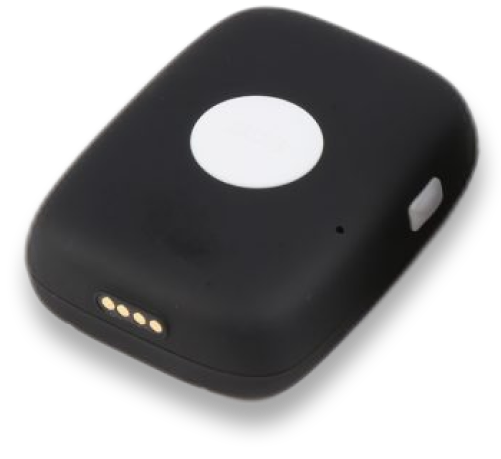
Trusted Across All Industries, Sectors & Working Environments
Preferred by Federal and State Government, Not for Profits, and individuals including Domestic Violence.
Experience peace of mind and proven reliability with GPS Geo Guard.
Incident Escalation &
Alarm Management Triage Process
Helping business and individuals with these major risk profiles

Social Risk
Arises through a worker’s role being community-based interacting with the general public or conducting home visits for a variety of reasons. The outcome of this can be verbal abuse, Occupational Violence or physical assault and something far worse.

Environmental Physical Risk
Prevalent due to a lone worker carrying out a work activity in an isolated or hazardous location. The most likely outcome in the event of a problem is injury or incapacity (‘Person Down’) to the lone worker either due to a slip, trip or fall or an unknown health issue.
Both of these risks are also associated to Domestic Violence clients or Senior Age care
WHY EVERYONE IS CHOOSING GPS GEO GUARD
FREQUENTLY ASKED QUESTIONS
What is GPS Geo Guard?
GPS Geo Guard is a personal duress alarm and safety solution designed for lone workers, high-risk roles, and individuals, offering real-time monitoring, the most accurate GPS Location with live and recorded audio to triage the incident comfort the wearer and update emergency services for the fastest emergency response and complete incident management.
Who uses GPS Geo Guard?
Our devices are trusted by industries like healthcare, retail, state & federal government, logistics, disability services, not for profit’s, and aged care, as well as individuals in need of personal safety solutions.
How does it work?
The device connects instantly to our 24/7 emergency monitoring team, providing live GPS tracking, live and recorded audio communication, and first responder dispatch during time critical emergency incidents.
Is it easy to use?
Yes, GPS Geo Guard features a simple one-touch SOS button, making it the most user-friendly for anyone, even in high-stress situations. Every device comes with personalised live training or 1 on 1 or Group training along with simple user guide and other user resources.
Jo H.,
HEALTH & SAFETY MANAGER, COMMUNITY HOUSING SERVICES

Testimonial - Improved Response Time and Safety Confidence
"GPS Geo Guard has transformed the safety of our team and lifted staff Moral dramatically knowing they have something just in case. The management and support team at GPS geo guard are amazing. With the quickest duress alarms action, I have ever seen, real-time GPS location and tracking, and the very professional and friendly 24/7 monitoring and operators, our staff feels secure knowing they have immediate support. We’ve seen response times improve dramatically, and the peace of mind this brings is invaluable. This service and device are truly a lifesaver."
Norm C.,
Risk & Compliance Officer, New Age Safety

Testimonial -Effective Incident Management and Reduced Incidents
"Since implementing GPS Geo Guard, we’ve noticed a significant decrease in workplace incidents. The real-time location and tracking and 2 way or covert audio capabilities allow us to manage situations proactively and reduce potential risks. Our team feels empowered and protected, knowing they’re never alone in a crisis. It’s a smart investment albeit the most affordable we found, that has already paid off in safety and peace of mind."
David M.,
Director of Health Safety Manager, Victoria Health

Testimonial - Reliable 24/7 Emergency Monitoring and First Responder Dispatch
"The 24/7 emergency monitoring and fast dispatch service with GPS Geo Guard is second to none. We had an incident where a worker needed immediate help, and the Geo Guard team was on it within seconds, coordinating first responders and providing constant support to the Staff member and updates to our management team. It’s comforting to know our team has this level of protection, no matter where they are."
Richard B.,
Group HSE Manager, MCL Staff Solutions

Testimonial - Ease of Use and Immediate Safety Benefits
"Our workers found GPS Geo Guard incredibly user-friendly and easy to incorporate into their daily routines. We were using a very complex app and watch system and transitioned to the Geo Guard. The man-down alerts and GPS tracking have been game-changers in ensuring their safety. We’ve had no issues with false alarms, and the seamless setup made the transition smooth. The device and service have exceeded our expectations."
Mark G.,
Director & WHS Coordinator, Sector3Solutions


